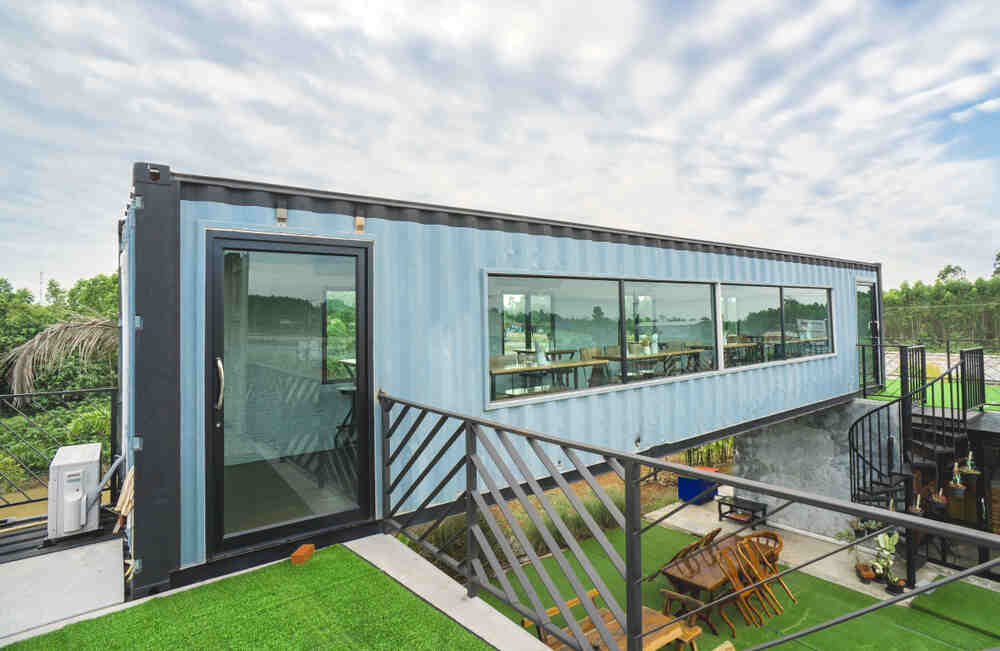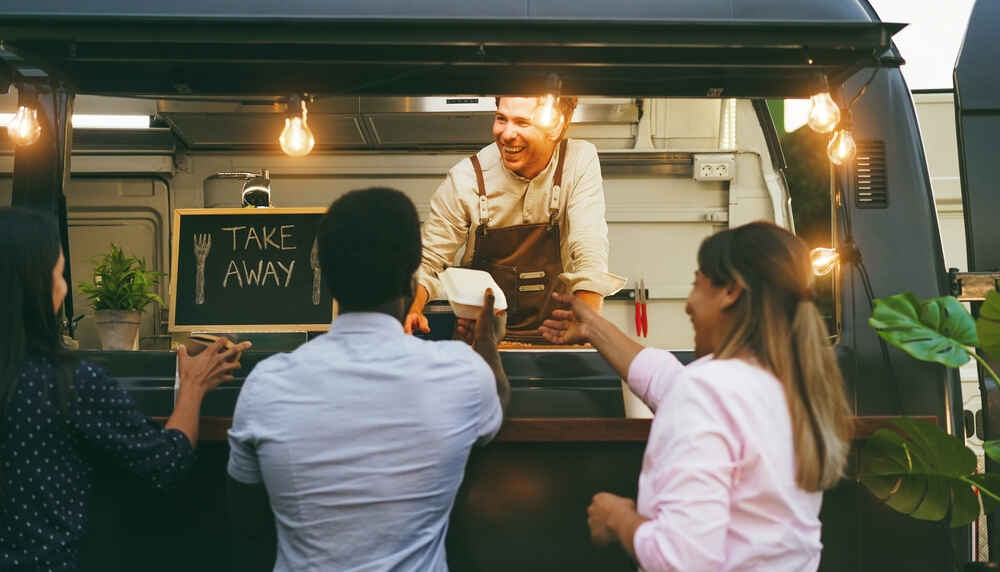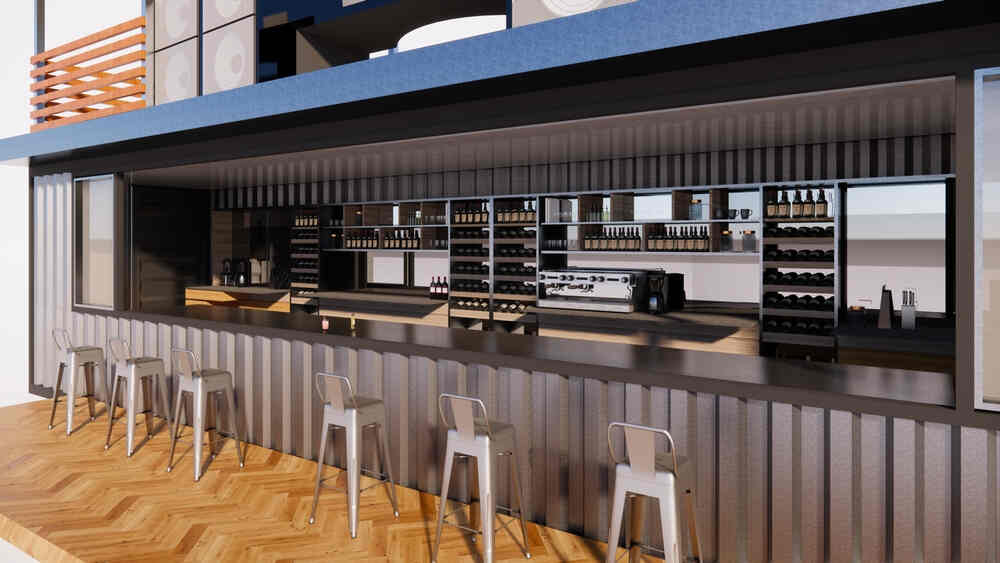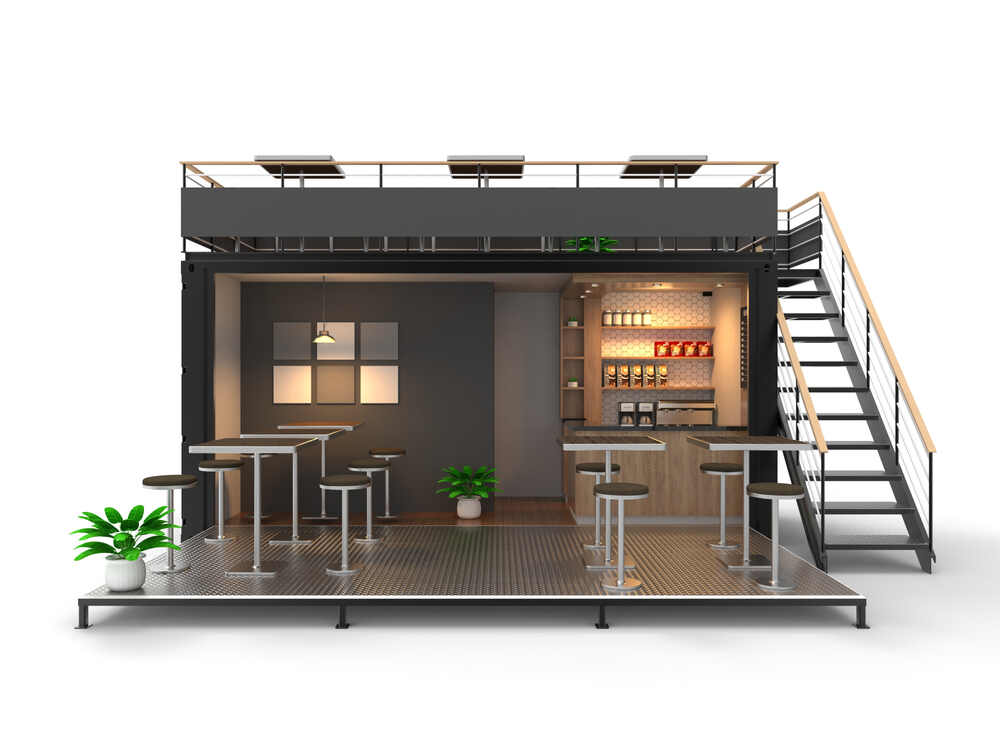shipping containers for food service
1. Shipping containers for food service are being repurposed into various spaces, including offices, pop-up shops, mobile offices, clinics, and food services.
2. Repurposing shipping containers for food service has become popular in recent years, offering creative and practical options.
3. Pop-up shops and restaurants are using shipping containers to create mobile food service spaces, allowing chefs to showcase their skills and attract customers in urban areas and festivals.
The changing ideas of shipping containers for food service are growing with modern solutions. Various drives have reused shipping containers into simple spaces, including offices, pop-up shops, mobile offices, clinics, and food services. This change has brought a significant change in the shipment industry with variety in its in-use. Shipping containers have proven to have viable and uneven options for service delivery.
Competition in fit growth is developed with the logical creation of 5 ways to ship containers for food service and restaurants with creative and practical options delivered by shipping containers. Repurposing containers to food spaces and corners has set favors in recent years.
Shipping containers, formerly transit cargo across oceans, now serve mobile food services with custom, wise, and useful solutions. The following elements determine the fit vision of shipping containers.
Read More: Shipping container maintenance

Pop-up shipping containers for food service in restaurants
Today’s most exciting usage of shipping containers is reusing them for pop-up shops and restaurants. Mobile-fit land represents pilant spaces capable of building income and drawing crowds in urban areas and festivals. They can easily set up a presence in remote locations. These spaces will provide a platform for chefs to introduce their fit skills in public and gain favor through unique sites. Mobile pop-up shops allow ease of movement due to the standard of containers and help create a comfortable group for chefs and new traders.
These temporary spaces can serve mixed fare, including gourmet burgers and other exotic street foods. The area can be grace with custom logos, themes, and ethos to attract people to any event. This approach will let people enjoy the new taste before returning to permanent restaurant locations. It further will benefit the owner to get an idea of the unique food in the market through the selling rate and customer reviews.
Read More: Temporary construction container space
Shipping containers for food service in Food trucks

The standards of shipping containers and their reusing for mobile fit adventures have become famous recently. Traditional food trucks have been a staple of food service for years. However, turning shipping containers into mobile kitchens has added a modern touch. New fit trade can reach favor by creating stylish and simple spaces on the road.
Modern food trucks deliver utility and stretch menus with larger, more specially made spaces than traditional food corners.
The durable shipping containers ensure location safety and fight the adventure of careful roads with an attractive design and construction. Prime cuisine is widely available to be tried by people who appreciate the taste in various locations and the charm of the shipping container.
Read More: Shipping Containers for OnSite Storage
shipping containers for food service in cafes

The shipping containers are often used for trendy container cafes, recently in urban locations. The customers and patrons are provided a kind air to enjoy brews and bite through these compact and logical container spaces. Tycoons are backing the expansion of their culinary business ideas by increasingly constructing container cafes as venues for coffee shops and ice cream parlors. Busy city squares, scenic shore, and corporate yards have widely taken them.
Containers are modular and easy to collect, and the construction of varied cafes, rooftop seating, and steps. This will improve space and provide customers with an immersive experience. Container cafes ensure a beautiful appearance and give to viable drives by using live items.

Shipping containers for food services in markets
Containers can also serve to establish container markets featuring a variety of food vendors, creating a hub of edible offerings. Urban cities have used container markets to prove different fit by giving tycoon a dynamic and shared space to grow and offer their unique tastes.
These markets host international and local food gifts. The spaces are the platforms for vendors to combine, foster community, and stir people to discover new and unique food recipes under a single roof. Container markets are social hubs for people to link and enjoy the day with food, music, and a gentle atmosphere.
Read More: Shipping Containers Changed the World
Container farms

Modern plans in the food service industry have changed containers into the concept of farm fresh through clever action. They are reusing compact container spaces into logical farms. Utilizing hydroponic and sharp farming techniques enables the on-site culture of fresh products, offering chefs a sustainable and local source of ingredients.
Conclusion
Placing container farms closer to the restaurant reduces the carbon track caused by product transit. It takes a year for the environment within the container to produce fresh herbs, green, and fruits, which restaurants use and sell. These markets serve as school tools, and let customers witness the collection and bounty rules. Shipment containers have become famous for the kitchen revolution. They have earned a valuable space fit for food services. This reusing has become a source of financial growth for the shipping industry. Repurposing containers represents a green approach for moguls. Modern shipping containers for food service are thrifty and can reduce the rental issues traditional restaurants brush. They exhibit the future of food services through their unitary and pivotal structures.


